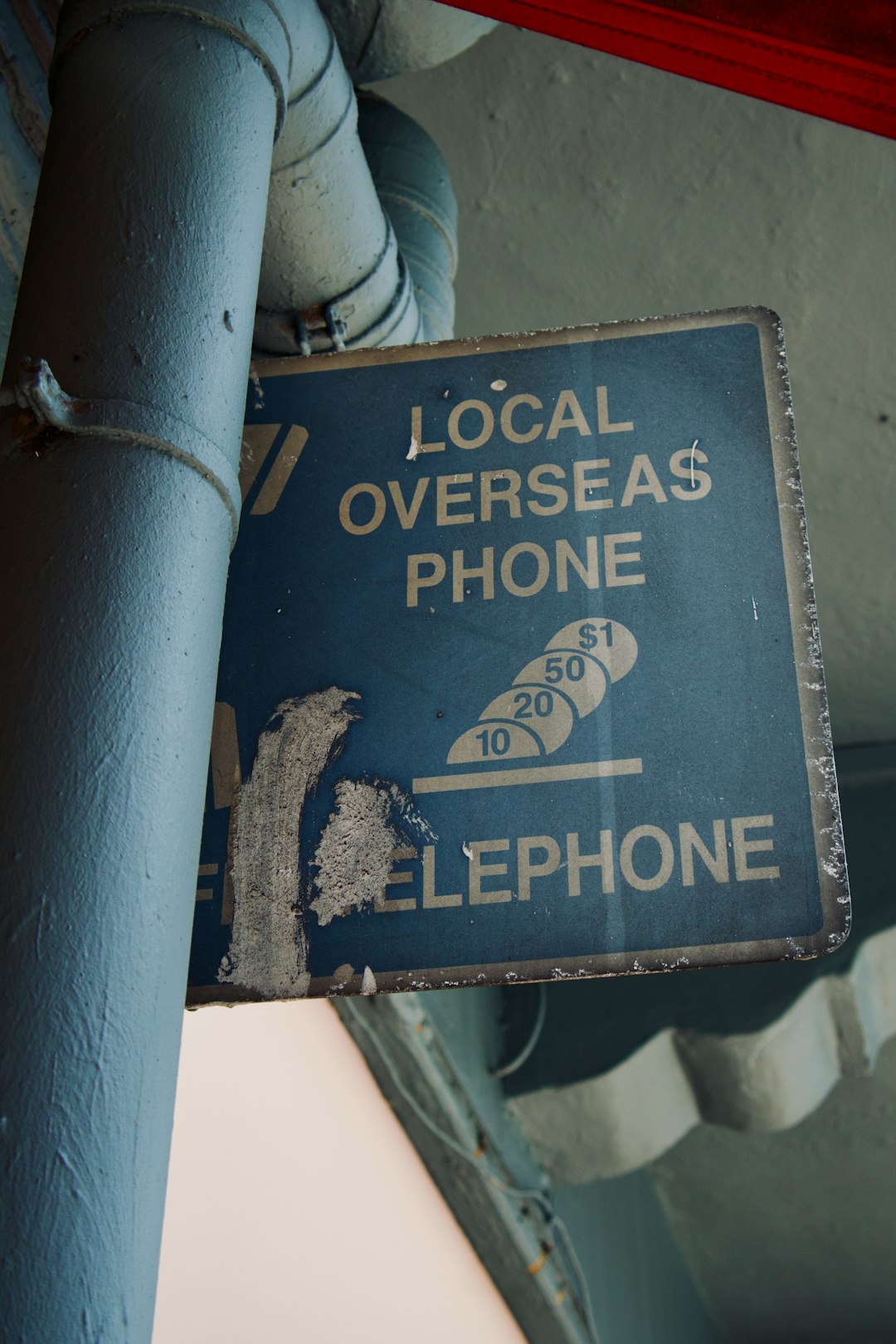Louisiana's state regulations play a pivotal role in governing the mail and shipping industry, protecting consumers, and promoting ethical practices. These rules cover various aspects from labeling to sustainability, influencing pricing, delivery, and content. The "Do Not Call" law is stringent, giving residents control over unsolicited calls, including from law firms, showcasing Louisiana's commitment to citizen privacy. Both local and national businesses are bound by similar frameworks for consumer protection and ethical conduct, with regulations against aggressive sales tactics and unclear charges. Compliance involves staff training, transparent communication, and record-keeping to avoid legal issues and build customer trust, while also adhering to the Do Not Call law for law firms in Louisiana. Businesses must prioritize compliance through internal policies, employee training, and legislative updates, leveraging tailored legal resources to manage obligations efficiently.
In the dynamic landscape of business communication, understanding state regulations is paramount, especially with laws like the Do Not Call list gaining traction. Louisiana’s regulation of outbound calls, a key aspect of this, ensures consumer privacy and fosters ethical marketing practices. This article delves into the intricacies of state regulations, focusing on Louisiana’s approach, their impact on local and national senders, and practical strategies for businesses aiming to comply with the law, avoiding potential penalties and enhancing customer relationships.
Understanding State Regulations: Their Role and Impact

State regulations play a vital role in governing the mail and shipping industry, ensuring fairness and safety for both businesses and individuals across Louisiana and beyond. These laws are designed to protect consumers, maintain order within the postal system, and promote ethical practices among senders. Understanding these regulations is crucial for anyone involved in sending or receiving packages, as they can significantly impact operations and compliance.
The impact of state regulations is far-reaching, affecting everything from pricing structures to delivery times and package content. Louisiana’s specific rules ensure that mailers adhere to standards related to labeling, documentation, and even environmental sustainability. By adhering to these guidelines, businesses can avoid legal repercussions, maintain customer trust, and contribute to a more efficient and reliable postal network.
Louisiana's Approach to Regulating Outbound Calls

In Louisiana, the approach to regulating outbound calls, particularly those targeting law firms, is unique and stringent. The state has implemented a robust Do Not Call law that restricts commercial telephone solicitations, including calls from both local and national sources. This law provides residents with the right to opt-out of receiving unsolicited sales or promotional calls, offering a level of control over their communication preferences.
Louisiana’s regulations specifically target businesses engaging in outbound telemarketing activities, ensuring that callers respect the privacy and autonomy of individuals. The state’s Do Not Call list is comprehensive, encompassing not only residential telephone numbers but also those registered with law firms and other professional entities. This inclusive approach underscores Louisiana’s commitment to empowering citizens and fostering a balanced relationship between consumers and businesses in the age of telemarketing.
The Scope of Application: Local vs. National Senders

In the realm of state regulations, the line between local and national senders is crucial to understand. Regardless of whether a business operates within a single city or spans across states, it’s subject to similar legal frameworks designed to protect consumers and ensure ethical practices. This means that both local and national senders must adhere to the same standards when it comes to marketing, communications, and data handling.
For instance, in Louisiana, businesses engaging in telemarketing activities are bound by specific regulations, irrespective of their size or reach. These rules apply equally to local startups and established national corporations alike. This comprehensive approach ensures a level playing field and safeguards the rights of consumers across all sectors.
Key Provisions and Compliance Measures

The key provisions of state regulations governing communication are designed to ensure consumer protection and fair practices. These include restrictions on aggressive sales tactics, clear disclosure requirements for all charges, and a ban on certain high-pressure sales methods. Compliance measures involve rigorous oversight by state regulatory bodies, which monitor compliance through regular audits and investigations. These authorities have the power to issue fines and penalties for non-compliance, incentivizing businesses to adhere strictly to the regulations.
For businesses operating in Louisiana, understanding and implementing these provisions is crucial to avoid legal complications. Instead of calling law firms directly (Do Not call law firms Louisiana), companies should focus on proactive compliance measures such as training staff on ethical sales practices, maintaining transparent communication, and keeping detailed records of all interactions with clients. This not only helps businesses stay within regulatory boundaries but also fosters trust and loyalty among their customer base.
Strategies for Businesses Operating in Louisiana to Adhere to the Law

Businesses operating in Louisiana, especially those dealing with interstate communications, must be aware of and comply with state regulations. One key strategy is to implement robust internal policies that align with the law, focusing on areas like data privacy and consumer protection. Training employees on these policies is crucial; ensuring they understand their role in preventing violations can go a long way toward compliance.
Additionally, staying informed about legislative changes is essential. Regularly reviewing and updating procedures to reflect new regulations ensures businesses remain compliant without needing to consult law firms in Louisiana for each minor adjustment. Utilizing legal resources tailored to Louisiana’s regulatory landscape can also help businesses stay on top of their obligations, avoiding potential penalties.






